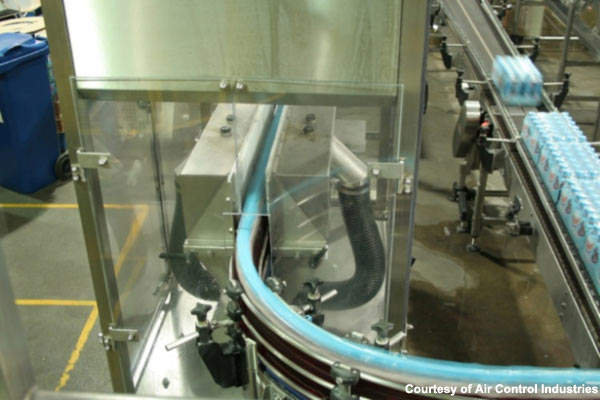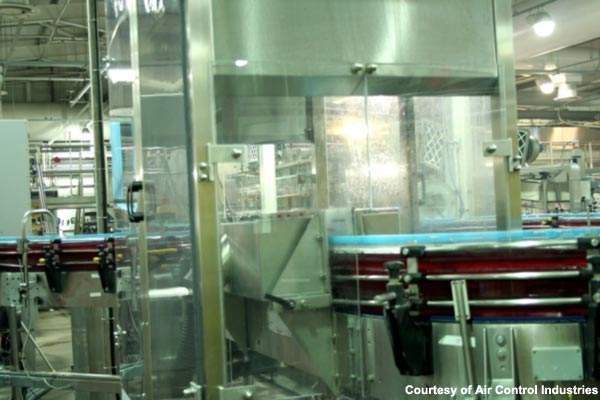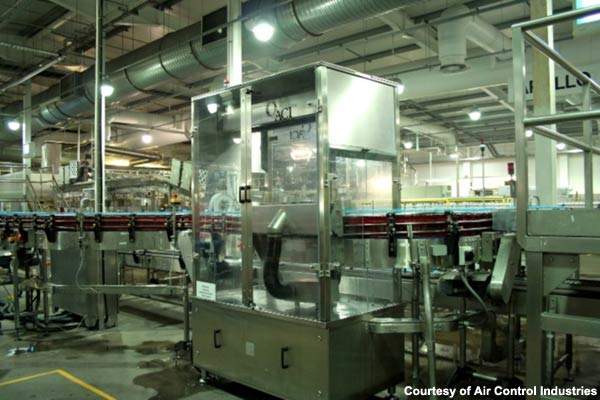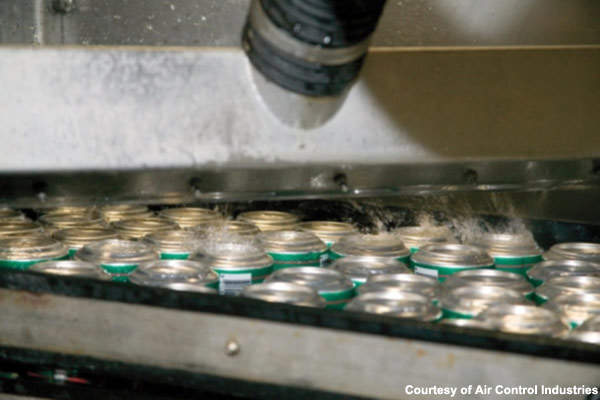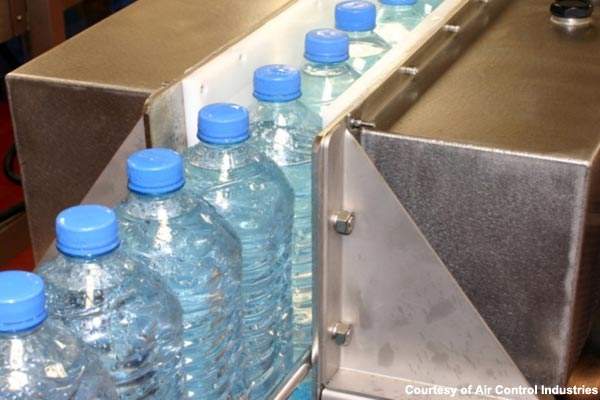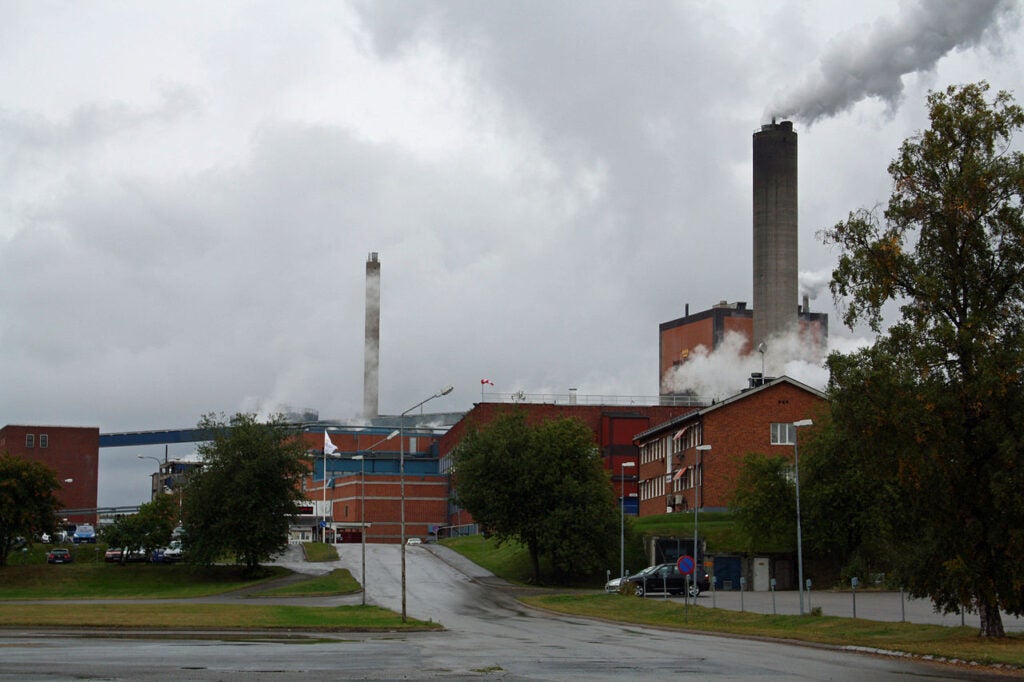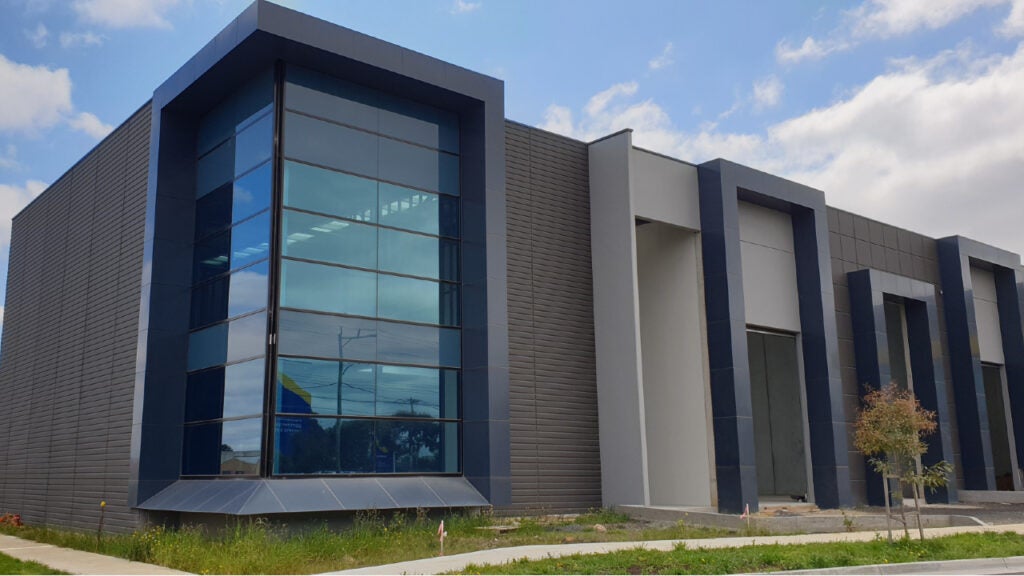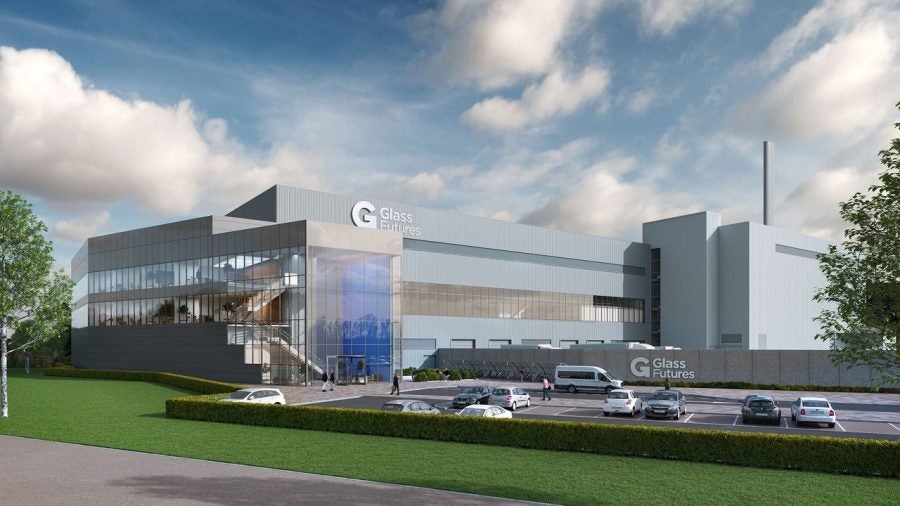GlaxoSmithKline (GSK) is a well-known UK-based pharmaceutical company with interests in the market worldwide. One of the company’s legacies is an established health drinks division that produces the popular and lucrative brands Ribena and Lucozade. The UK-based manufacturing site for the two brands was built in 1946 and is located in Coleford in the district of Forest of Dean, Gloucestershire.
Ribena production began in 1947 and the first Lucozade line was installed in 1957. Ribena and Lucozade have seen changes over the years: both brands have migrated to fit new markets, with Ribena being available in various lower-sugar versions and departing from the single fruit base of blackcurrant; and Lucozade moving from a glucose drink for people who are unwell to a premium brand range of sports drinks.
With this in mind, in 2000 the Coleford site underwent a £26m refurbishment and upgrade project for the Ribena blending area. This was followed by investment into new capacity for the production of Lucozade Sport, one of the UK’s fastest-growing drinks brands.
From 2000 to 2005 over £40m was invested in the plant. The plant has seen a new production line, new lab space and a datacentre. The Coleford facility produces over one million cases of bottled drinks per week.
A Fleet Management Information System supplied by Davis Derby was installed at the facility in August 2009.
Furthermore, GSK invested about £70m on developing an in-house bottle-blowing and moulding operation unit at the plant for Ribena and Lucozade. The announcement was made at the end of 2008.
The first bottling line of the bottle manufacturing plant at Coleford facility was opened in September 2010. The new system has enabled GSK to produce its own bottles, which were previously sourced from an external supplier.
Dryer line
In May 2007 one of the main bottling lines at the Coleford facility was upgraded as part of a development project to improve bottle drying on the line.
The new enclosed bottle-drying system was installed on one of the aseptic filling lines, which handles polyethylene terephthalate (PET) bottles of 330ml and 500ml size. The product lines include Hydro Active, Ribena and Lucozade Sport.
The previous system used an outdated system of air knives. Although modifications were tried, this had proved to be problematic at modern production line speeds of 300–600 bottles per minute. Problems with the air knives included difficulty in ensuring the correct setup for the various different bottle types to be filled, cleaning and maintenance, noise and also the containment of moisture during the production process.
For effective air delivery, air knives must be adjusted to the correct pitch depending on the bottle type, size and shape. Because of the required maintenance, cleaning and changeovers, it was felt that drying efficiency was suffering because of the delicate and complex adjustments needed for the air knives to work at 100% effectiveness.
New equipment at the GSK Coleford plant
One of the biggest problems was the noise level on the line, as delivery of air in the volume and velocity sufficient to dry bottles on such fast-flowing lines will nearly always result in elevated noise levels. This was a major issue for the old open system at the facility. The open system also resulted in the evaporated moisture being dispersed into the atmosphere of the factory.
A new system was supplied by Air Control Industries (ACI), which based upon its new ‘JetPlate’ technology, was able to provide a solution to the problems. The ACI system is based on two opposing plenums which both deliver the air flow and act as guides for the bottles.
The system can work at the highest line speeds and requires no adjustments to be made between runs and after changeovers. The air is delivered in such a way as to push the liquid down and off the product bottles as they move between the guiding plenums; this also prevents the bottles falling over.
Water and spray is directed downward and is then removed by suction to prevent any product contamination. The plenums can be adjusted very simply in a short space of time to accommodate new sizes or designs of bottle.
The ‘JetPlate’ system is housed in a compact enclosure with a 1,500 × 950mm footprint. This means that retrofitting is extremely easy and also serves to reduce noise levels and help contain any airborne moisture from the bottle drying.
A fleet of 21 HFT and Nissan fork lift trucks were employed by the Coleford facility in August 2009, under a five-year lease agreement. The typical operating hours of the fleet are 4,000. The Fleet Management Information System (FMIS) was supplied and installed by Davis Derby. FMIS also includes the shock indication module to seven of the trucks and a diesel pump. SMART cards, which provide access to and record log-in and operational time on the vehicles, were issued to the drivers.
GSK installed the new system in the facility in order to enhance health and safety across the plant, as potholes and plant’s rough land across the site pose the potential hazard of damaging vehicles and causing injuries to the personnel working at the plant.
Benefits of the GSK bottling plant
During the planning stage of the new bottling plant, the height of the 350ml Lucozade bottle was reduced by 5mm. This has saved about £900,000 a year in storage and delivery costs and reduced the use of raw materials by 14%.
In addition, the 5.5MW power unit at the site operates in a closed loop process.
The waste energy produced during power generation is captured and converted into steam for use in the manufacturing process.
Additional steam produced is chilled and turned into cool water for use in bottle manufacturing. This process saves about 1.5MW of electricity.

